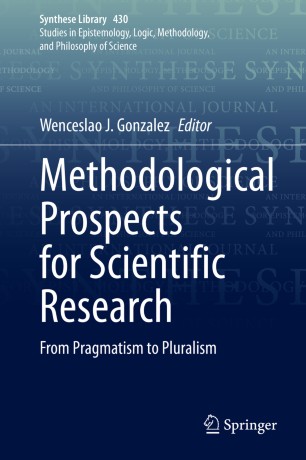

Most ebook files are in PDF format, so you can easily read them using various software such as Foxit Reader or directly on the Google Chrome browser.
Some ebook files are released by publishers in other formats such as .awz, .mobi, .epub, .fb2, etc. You may need to install specific software to read these formats on mobile/PC, such as Calibre.
Please read the tutorial at this link: https://ebookbell.com/faq
We offer FREE conversion to the popular formats you request; however, this may take some time. Therefore, right after payment, please email us, and we will try to provide the service as quickly as possible.
For some exceptional file formats or broken links (if any), please refrain from opening any disputes. Instead, email us first, and we will try to assist within a maximum of 6 hours.
EbookBell Team

5.0
48 reviewsThis book highlights the existence of a diversity of methods in science, in general, in groups of sciences (natural, social or the artificial), and in individual sciences. This methodological variety is open to a number of consequences, such as the differences in the research according to levels of reality (micro, meso and macro), which leads to multi-scale modelling and to questioning “fundamental” parts in the sciences, understood as the necessary support for the whole discipline. In addition, this volume acknowledges the need to assess the efficacy of procedures and methods of scientific activity in engendering high quality results in research made; the relevance of contextual factors for methodology of science; the existence of a plurality of stratagems when doing research in empirical sciences (natural, social and of the artificial); and the need for an ethical component while developing scientific methods, because values should have a role in scientific research. The book is of interest to a broad audience of philosophers, academics in various fields, graduate students and research centers interested in methodology of science.